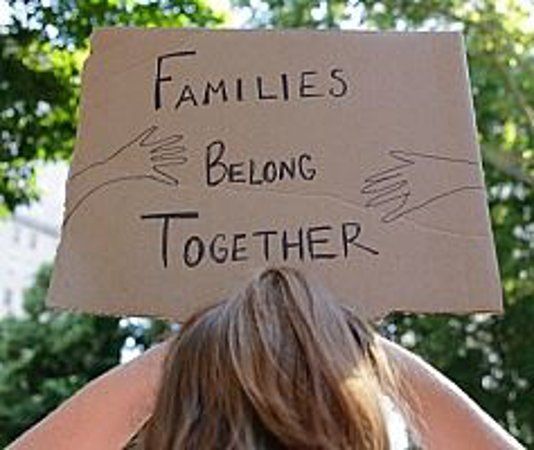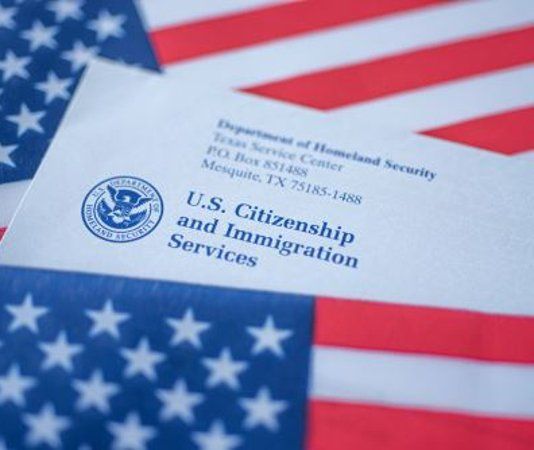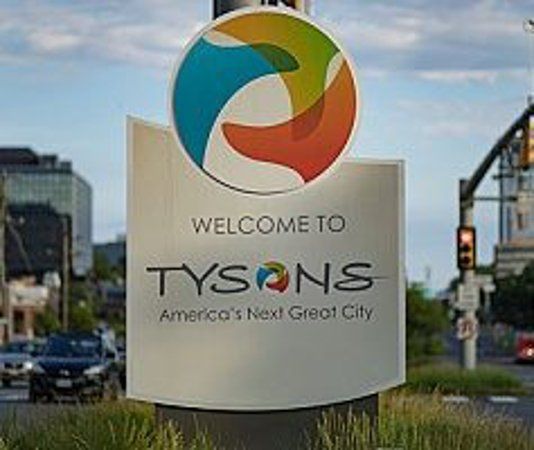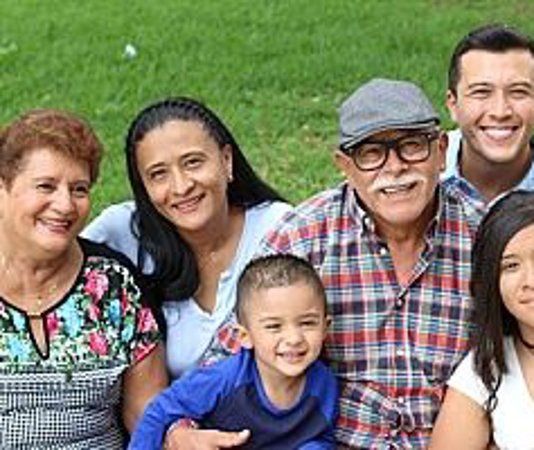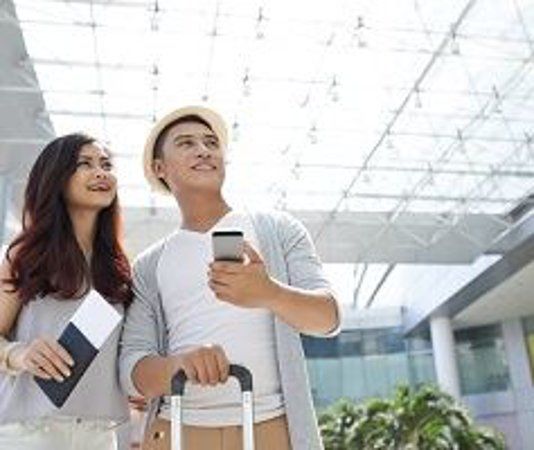Fairfax, VA Immigration Attorney
Fairfax, VA Immigration Attorney
Are you looking for a Fairfax, VA immigration attorney? Someone who knows what they are doing and who can thoroughly analyze your case to provide you with the most up to date information? Consider the immigration law attorneys at Johnson & Masumi. We have over 30 years of experience assisting clients with a variety of immigration law procedures. Learn more about how we can assist you with visa, waivers and other immigration law procedures.
Johnson & Masum is a immigration law firm with a primary focus on assisting clients with visas, waivers and immigration law related documentation. Founded over 30 years ago by Randall Johnson, Johnson & Masumi has decades of experience serving clients in Fairfax, VA among other Northern Virginia locations.
Supporting domestic and multinational clients, our firm’s attorneys are committed to uncompromising client service and legal excellence. Moreover, Johnson & Masumi’s integrated focus creates a collaborative environment for its attorneys to regularly share and access each other’s knowledge and resources. This provides clients with solutions that are comprehensive, practical, and tailored to their legal needs head-on.
Fairfax, VA Immigration Visas
Johnson & Masumi’s simple approach to filing and managing visas in the United States and overseas, enabled by our expert law attorneys and our quality assurance process, results in the easiest immigration experience imaginable. We offer help with a variety of visa categories including:
- Employment-Based Visas (A Visas, EB 1-5, H-1B)
- Fiancé/Family Visas (K-1, K-2, K-3)
- Student Visas (F-1, J-1, M-1)
- Visitor Visas (B-1, B-2)
Fairfax, VA Employment Visas
Want to work in the United States? The U.S. immigration system currently offers five employment-based visas for eligible immigrants with the right combination of skills, education and/or work experience. These visa allow foreign nationals to hold specific jobs for limited or permanent periods in the United States. Learn more about the different types of visas our Johnson & Masumi attorneys have experience securing for our Fairfax, VA clients below:
EB-1 Visa
The EB-1 visa is a “first-preference” category visa for United States employment-based permanent residency. Intended for foreign nationals who either have extraordinary abilities or are outstanding professors, researchers or executives, the EB-1 visa allows distinguished individuals to remain permanently in the US. All applicants are required to demonstrate their extraordinary ability through extensive documentation including certificates, scholarly articles, internationally recognized prizes or awards and other proof of their original contributions to their respected field.
EB-2 Visa
You may be eligible for an employment-based, second preference EB-2 visa if you are a member of the professions holding an advanced degree or its equivalent, or a foreign national who has exceptional ability. This visa allows individuals with a high degree of skill in a particular subject to enter the United States permanently under the precondition that they obtain a job in the United States. Applicants must hold an advanced post-graduate degree or a bachelor’s degree with at least 5 years of employment experience, among other requirements.
EB-3 Visa
The EB-3 visa is an immigrant visa designed to allow foreign national workers to live and work permanently in the United States in situations where there are not sufficient U.S. workers who are able, willing, qualified, or available at the time of the application and where the alien is applying to work. This thus grants foreign nationals with expertise in a specific and employable skill to take up permanent work in the United States. That said, applicants require a sponsoring employer, meaning they require a permanent job offer from a U.S. employer, among other requirements.
EB-4 Visa
Created by Congress for “special cases,” and with only 10,000 available annually, the EB-4 visa is a somewhat confusing visa category. Simply put, EB-4 visas are given to “special immigrants” who are either members of clergy for non-profit religious organizations, Afghan nationals who worked with the US in Afghanistan, retired officers from international organizations, juvenile foreign nationals who are dependent on the U.S., NATO civilian employees, and select broadcasters, translators and physicians. Each of these categories comes with a separate set of requirements as to how the applicant must prove eligibility and ultimately apply.
EB-5 Visa
The United States “fifth preference” EB-5 visa category, otherwise called the “Immigrant Investor Visa Program,” was created by Congress in 1990 to provide a reliable method for eligible Immigrant Investors to become lawful permanent residents. Eligible investors have two main options from which to choose: investing at least $1,000,000 to finance a business in the United States that will employ at least 10 American workers; or invest in a targeted employment area (TEA) with a minimum of $500,000. The EB-5 program is intended to encourage foreign investments and economic growth, while offering interested and wealthy foreign nationals and their families the opportunity to permanently reside in the United States.
H-1B Visa
The H-1B visa is a visa in the United States under the Immigration and Nationality Act that allows U.S. employers to temporarily employ foreign workers in specialty occupations. Applicants must have specialized knowledge and a bachelor’s degree or the equivalent of work experience to be eligible. Moreover, their employer must submit a completed Labor Condition Application to prove that giving the non-U.S. citizen a job does not harm American workers and that they will receive the typical wage for the job they do.
Keep in mind: because there are so many employers who want to hire non-U.S. citizens, the government has placed a limit on how many H-1B Visas are approved each year. An experienced Fairfax, VA immigration attorney can help you be one of the few who make the cut.
Fairfax, VA Fiancé Visas
For Fairfax, VA based U.S. citizens who wish to marry a foreign national, Johnson & Masumi offers services in all three fiancé/family-related visa categories (K-1, K-2 & K-3). Be aware: these K-visas each have distinct legal filing requirements, and it is therefore recommended to work with a Fairfax, VA immigration attorney who can guide you and your fiancé throughout this process.
K-1 Visa
A K-1 visa is a visa issued to the fiancé or fiancée of a United States citizen to enter the United States. A K-1 visa requires a foreigner to marry his or her U.S. citizen petitioner within 90 days of entry, or depart the United States. Once the couple marries, the foreign citizen can adjust status to become a lawful permanent resident of the United States (Green Card holder). Applicants must prove that they have known each other over a two-year period (at minimum) and that they are legally able to marry. Other requirements include that one partner is a U.S. citizen and that the couple intends to marry within a 90 period of the foreign national’s estimated arrival.
K-2 Visa
A K-2 visa grants the child(ren) of a K-1 fiancé visa holder permission to enter into the United States until an immigrant visa is available for them. Eligibility requirements mandate that the applicant(s) must be under the age of 21 and be an unmarried child of the K-1 applicant. Children of a fiancé(e) have the opportunity to be granted a K-2 visa from his/her parent’s fiancé(e) petition.
K-3 Visa
The K-3 visa allows the spouse of a U.S. citizen to enter the United States with a temporary legal status while waiting to obtain a green card. This is designed for immigrants who are already legally married to a U.S. citizen but who have not yet applied for permanent residence.
Fairfax, VA Student Visas
The USCIS offers student visas for foreign national students who intend to continue their education and potentially work in Fairfax, VA. Each of the following student visas carries its own special requirements and restrictions that must be adhered to in order to be admitted into the U.S. Read more about each type of student visa below:
F-1 Visa
An F-1 visa is issued to international students who are attending an academic program or English Language Program at a US college or university. F-1 students must maintain the minimum course load for full-time student status. They can remain in the US up to 60 days beyond the length of time it takes to complete their academic program, unless they have applied and been approved to stay and work for a period of time under the OPT Program.
J-1 Visa
The J-1 visa is called the “exchange visitor visa”. Rather than have a sponsoring employer, J-1 visa holders have sponsoring programs that are approved by the Department of State. This visa is intended for people from all over the world to gain skills in the U.S. to take back to their respective home countries.
For this reason, each person that enters the U.S. under J-1 status is required to return home for at least two years before coming back to the U.S., a feature called the “home residency requirement”. To qualify, student nationals must be sponsored through an accredited Exchange Visitor Program that has been approved through the DOS (Department of State).
M-1 Visa
Are you a foreign national considering vocational school or technical school in the United States? The M-1 visa allows students who wish to pursue vocational programs in the U.S. with the ability to stay in the United States while they complete their education. In order to obtain an M-1 visa for traveling to the United States, a student must present a signed Form I-20 at a United States embassy or consulate in the student’s home country, as well as provide evidence that they have sufficient funds to support themselves while in the United States.
Fairfax, VA Visitor Visas
A visitor (B-1 or B-2) visa is a temporary, non-immigrant visa that allows you to visit the United States to conduct business, visit family and friends, vacation, or seek medical treatment. Read about both types of tourist visas below:
B-1 Visa
In general, the B-1 visa is sought by those needing to conduct business in the U.S., attend a professional business conference or iron out a business contract/negotiation. That said, because eligible visitors often want to extend their trip for vacation or to visit tourist attractions, B-1 visas are often issued alongside B-2 visas for legitimate business travelers.
B-2 Visa
The B-2 visa is for travelers seeking tourism, medical care or for those visiting relatives in the United States. It is also used for visiting artists, musicians, or athletes, as well as individuals attending conventions, conferences, or similar social events. B-2 Tourist Visas do not allow the holder permission to work in the United States and require the tourist to return home after their approved stay period. Furthermore, because the can not take a job in the U.S., the must provide evidence that they have the adequate funds to cover all potential expenses before they travel to the United States.
Fairfax, VA Waivers
Immigration violations (such as staying in the U.S. unlawfully) can cause some immigrants to obtain the status of “inadmissibility,” whereby they are not allowed to enter the United States. An Immigration waiver, in contrast, is a “pardon” for a specific immigration violation, allowing them to avoid the bars that come from having their “in-admissible” status and remain in the U.S. There are two primary types of waivers of inadmissibility: the I-601 and the I-601a Waiver. Learn more about them below:
I-601 Hardship Waiver
If you are inadmissible to the United States and are seeking an immigrant visa, adjustment of status, certain nonimmigrant statuses or certain other immigration benefits, the I-601 hardship waiver allows you to request forgiveness and pardon your current grounds of inadmissibility.
The I-601 waiver is for situations where a family member who is a U.S. citizen or permanent resident would experience extreme hardship if you are not allowed to live in the U.S. legally. There is no clear definition of extreme hardship, so the decision is made on a case-by-case basis, based on the quality of evidence support it. A Fairfax, VA immigration attorney can help increase your chances of being approved by making your case as comprehensive as possible.
I-601A Provisional Waiver
Certain immigrant visa applicants who are relatives of U.S. citizens or Lawful Permanent Residents (LPRs) may use the I-601A provisional waiver to request a provisional waiver (forgiveness) of the unlawful presence grounds of inadmissibility under Immigration and Nationality Act before departing the United States. This allows eligible persons to wait for the results of their application before leaving the country, otherwise granting them permission to stay with family members who reside in the United States. This is an increasing difficult and complex process; it is thus highly recommended that you consult with a Fairfax, VA immigration attorney regarding these waivers.
Contact a Fairfax, VA Immigration Attorney
Applying for any one of these visas or waivers is a long and complicated process, requiring a thorough understanding of complex form requirements, filing guidelines, and immigration law. Neglecting these rules could result in failing to properly file the necessary paperwork, resulting in delays, or worse, the termination of your application. Fortunately, the immigration attorneys at Johnson & Masumi have spent over three decades securing a variety of visas and waivers for hundreds of Fairfax, VA clients. Call our offices at (703) 506-1400 or schedule a consultation today to learn more about our services and ask about our free comprehensive client evaluations.
Categories: Immigration

